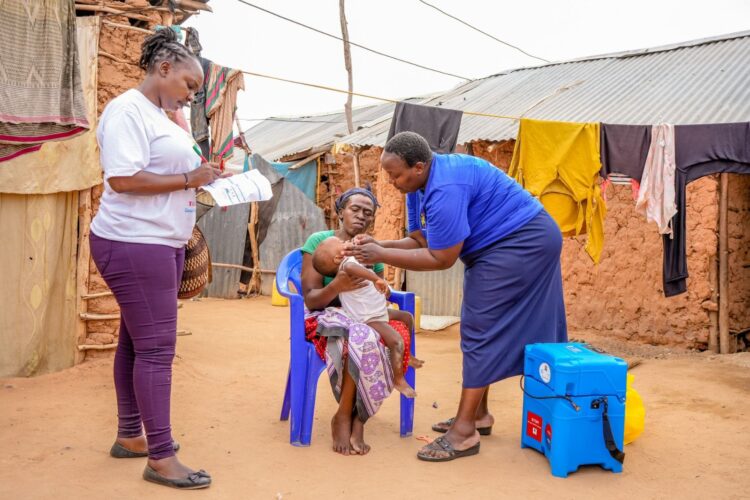By Gilbert Akampa Kakurugu
HEALTH
The World Health Organization (WHO) has released a new statistical report highlighting concerning trends in global health progress. The report warns that after a decade of improvements, global health gains are slowing, with life expectancy taking a dramatic hit.
Between 2019 and 2021, global life expectancy fell by 1.8 years, the most significant drop in recent history. The decline was largely attributed to the COVID-19 pandemic and disruptions in healthcare systems worldwide.
While some health improvements have exceeded expectations, others remain stagnant or are worsening. An estimated 1.4 billion more people were living healthier lives by the end of 2024, surpassing the WHO’s target of 1 billion. This progress was driven by a reduction in tobacco use, improved air quality, and better access to clean water and sanitation.
Only 431 million additional people gained access to essential health services without facing financial hardships, falling short of projected targets.
Nearly 637 million more people were better protected from health emergencies, an improvement but still insufficient in many regions.
The report reveals that maternal and child deaths are not decreasing fast enough to meet global targets. A slowdown in progress puts millions of lives at risk, particularly in low-income nations.
Premature deaths from noncommunicable diseases (NCDs), such as heart disease, diabetes, and cancer, are increasing. Population growth and aging have contributed to the rise in NCD-related deaths, signaling an urgent need for stronger prevention efforts.
HIV and TB rates are declining, and fewer people require treatment for neglected tropical diseases.
Malaria cases have been on the rise since 2015, marking a concerning resurgence. Alcohol consumption has dropped globally, from 5.7 to 5.0 liters per capita between 2010 and 2022.
Antimicrobial resistance remains a major challenge, threatening global efforts to control infectious diseases.
Recent disruptions in international aid could further destabilize health advancements, particularly in countries with the greatest healthcare needs. Many nations continue to struggle with access to critical resources, jeopardizing their ability to maintain public health improvements.
As the world moves forward, experts emphasize the urgent need for renewed commitment and investment in healthcare systems to prevent further setbacks.








































